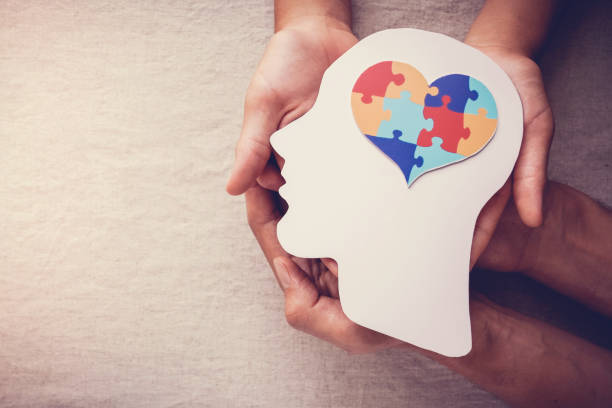Table of Contents
ToggleMental health can be a challenge to manage. It can be hard to know how to feel healthy and happy, and sometimes it’s hard even to know what good mental health looks like. But there are plenty of ways you can improve your mental health: therapy is one of them, but it’s not the only option out there! Here are five ways you can use therapy as part of an integrated plan that helps you achieve positive mental health:

Therapy can help you understand where your thinking goes wrong.
Therapy can help you understand where your thinking goes wrong. It can also help you understand the connection between your thoughts and feelings, which is important for developing a healthy relationship with yourself. Therapists are trained to listen to what people are saying, interpret emotions accurately, and then offer suggestions based on those interpretations. For example:
- An individual might express sadness after hearing that their partner has been unfaithful. The therapist may ask them how they feel about this news—whether it upsets them; whether they have questions about why their partner did this; etc.—and then provide some advice based on these responses (e.g., maybe try talking things out with another friend).
- A person who has been depressed for some time may tell a therapist she feels worthless because she doesn’t think anyone cares about her anymore even though her friends support her unconditionally every day of their lives! The therapist would probably say something like “Wow … sounds like there’s more going on here than just feeling bad about yourself.”
Therapy can help you create a plan to manage symptoms and stay healthy.

Therapy can help you create a plan to manage symptoms and stay healthy. The plan can include goals, strategies, and support. It’s important for mental health professionals to understand what their clients are experiencing so they can provide the most effective treatment options.
The plan should be adapted as needed based on changes in your lifestyle or health status over time; this allows for flexibility in how therapy is provided (e.g., phone calls instead of in-person appointments).
Therapy helps you identify what contributes to making you feel healthy and happy.

Therapy can help you identify what makes you feel happy and it can also help you identify what makes you feel sad, angry or afraid. If a person’s mental health is in good condition, they are more likely to have positive feelings and feelings of happiness. Therapists who work with people with mental illnesses know that there are different ways someone might be able to achieve this goal which may include: talking about their problems; talking about things going well at their job; talking about their family life; doing exercise such as going for walks or swimming laps at the local pool; reading books related to personal growth.
Therapy helps build the skills that keep you well.
Therapists can teach you skills like expressing emotions constructively, avoiding negative thoughts, and communicating needs effectively. This helps prevent depression, anxiety disorders, like PTSD, and promotes happiness. For example, if hurt by someone, you can express your feelings without fearing others’ anger.
Therapy is a place to be yourself and get the support you need.

Therapy is a place to be yourself and get the support you need. It’s not a place where people are judged or made fun of, but instead it is open and accepting. Therapy can help you build a support network of like-minded individuals who understand what your journey has been like so far, which will make it easier for them to offer advice and guidance as well as provide emotional support when needed.
Therapy enlightens us about our emotions: they’re not just feelings, but part of our brain system. Emotions influence thoughts and actions based on past experiences. When we feel sad, frustrated, or angry, those emotions stay inside until they resurface unexpectedly. Understanding emotions helps us prevent overwhelming feelings all at once.
Therapy can help improve your mental health in many ways.
Therapy can help you understand where your thinking goes wrong.
If you’re struggling with depression, anxiety or other mental health issues, therapy can help improve your mental health in many ways: by helping you identify and address the root causes of your symptoms; by teaching you how to manage them without medication; and most importantly, by providing a safe place where people with similar problems can come together and talk about their experiences with each other.










